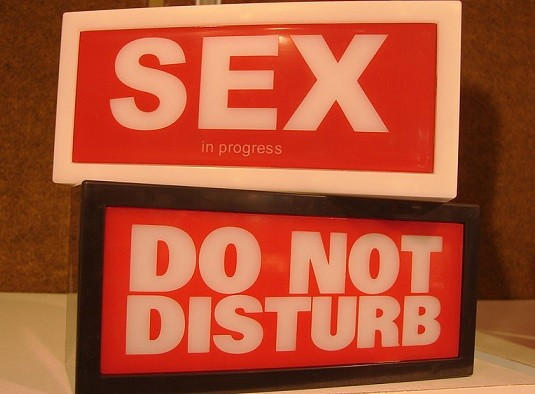Australian Woman Loses Business Trip Sex Injury Compensation Claim
Woman appealed for compensation after she was injured having sex on official a business trip

An Australian woman who was injured when a motel light hit her while she was having sex on a business trip has lost her appeal for compensation.
The public servant suffered injuries to the nose and mouth and claimed physiological injury after a light fell on her while she and a colleague were having sex in a motel room her employer had booked.
The woman claimed she should have been eligible for compensation from the federal government as the accident in 2007 occurred while she was on official business.
The long running case was first heard in 2009, where the woman's claim against her employer Comcare was originally accepted, only to be rejected by the administrative appeals tribunal.
However, in 2012 a federal court ruled she was entitled to make a claim. But a High Court has overruled this judgement, saying Comcare did not encourage the activity which led to the injury.
The court said: "For an injury to be in the course of employment, the employee must be doing the very thing that the employer encouraged the employee to do, when the injury occurs."
Comcare said while she was on a business trip, the sex she had was nothing to do with them and she was on a "frolic of her own".
The judges presiding over the case added there would have been other circumstances in which the woman would have had grounds for a claim.
"For example, if the light fitting in this case had been insecurely fastened into place and simply fell upon the respondent, the injury suffered by her would have arisen by reference to the motel," they said.
Employment minister Eric Abetz hailed the ruling as a victory for common sense.
"Instances such as this, where an employee seeks to stretch the boundaries of entitlements, are of great concern and the High Court's intervention is welcome," Abetz said.
Following the High Court ruling, the woman, who has not been named, has no further right to appeal.
© Copyright IBTimes 2025. All rights reserved.






















